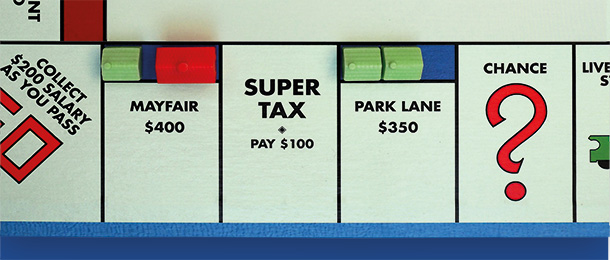Inheritance taxes are likely to be reintroduced as concerns grow that superannuation vehicles are being used more as an estate planning vehicle than a retirement income stream, according to a boutique advice firm.
Stanford Brown chief executive Jonathan Hoyle said Australia was unusual as it had no inheritance taxes outside of the superannuation system but he expected this would change in line with global trends.
“The UK has punitive rates of inheritance tax and we are sure that will happen here too. In Europe we are hearing of wealth taxes and the Democratic party [in the US] are talking about wealth taxes,” Hoyle said.
“It is bound to happen because growth rates are too low and there is too much intergenerational envy so we are going to see higher estate taxes.
“The Coalition’s decision to limit the amount of tax free superannuation is the start of making it less attractive for everybody, but particularly the very wealthy, and we expect to see many more measures in tax free superannuation, and then limits to money in 15 per cent superannuation.”
He pointed out inheritance taxes are 40 per cent in the UK and Australians should get used to the idea a similar tax will appear in the future, describing is as an ‘inevitability’ that will accompany any future tax rises.
Stanford Brown director of private wealth Vincent O’Neill said superannuation’s premier place as a retirement saving vehicle has also attracted extra attention designed to curb its role as estate planning or intergenerational wealth transfer tool.
“Superannuation remains the most effective savings vehicle by far and that is why a lot of focus has been on limiting how much people can get in there,” O’Neill said.
“If you are wealthy enough to put money in for a long period your family could build a huge amount of money in an environment that is capped at [a tax rate of] 15 per cent. That’s not what it was designed for – as an intergenerational tool – which is why it is becoming much more prescriptive with the $1.6 million cap and things of that nature.”




